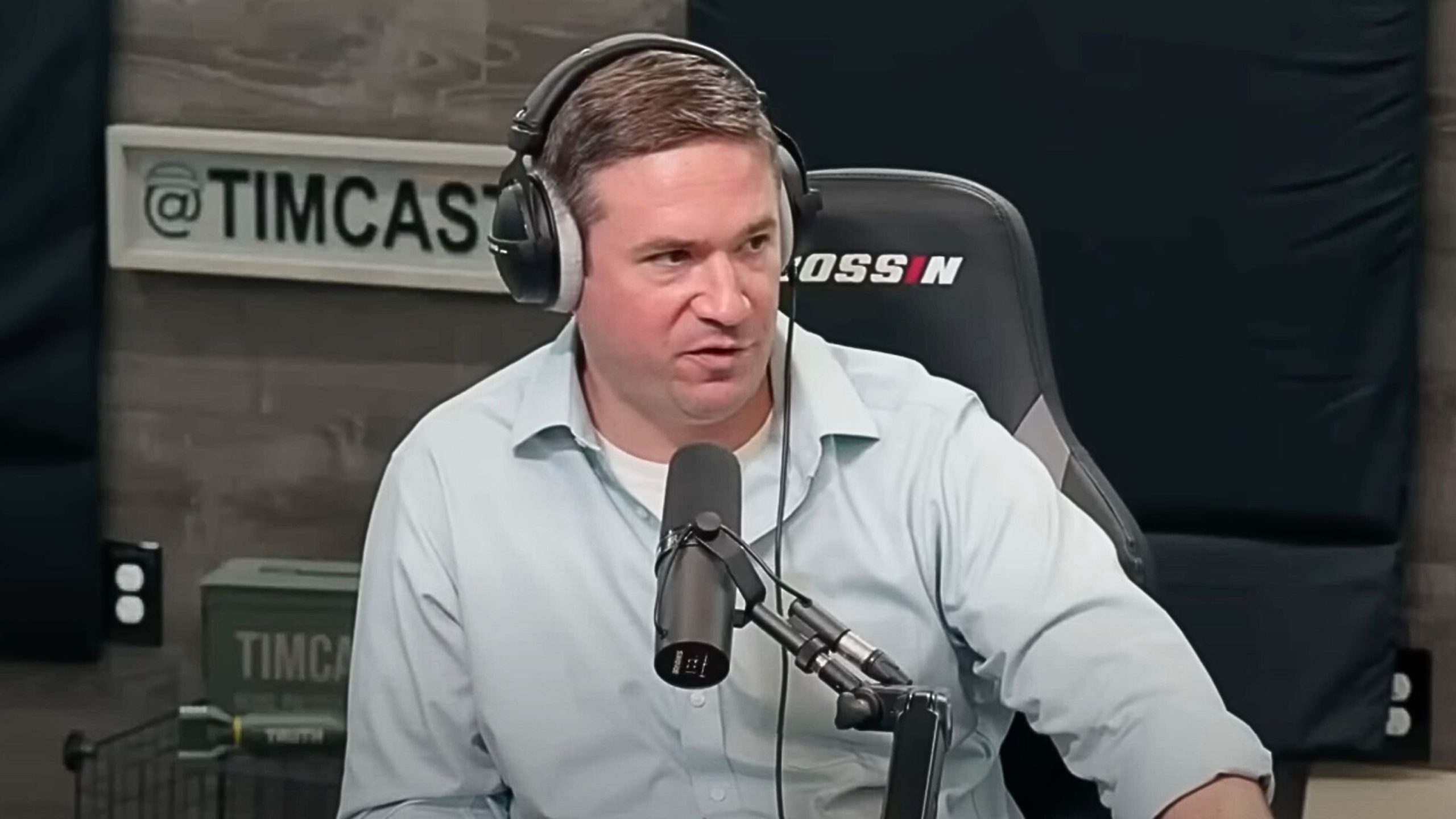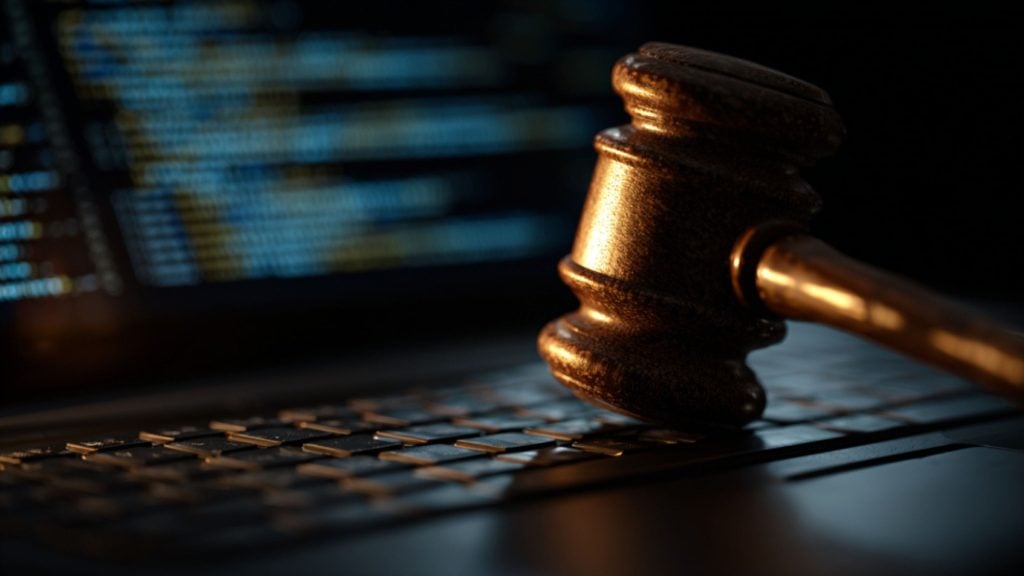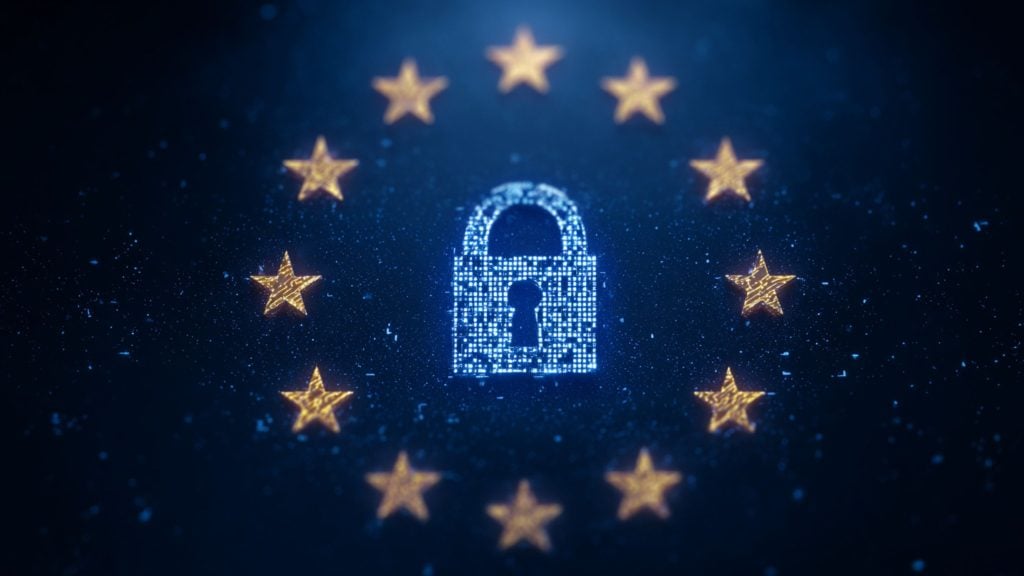Missouri Attorney General Andrew Bailey wants First Amendment free speech protections to be bolstered and believes that the separation of Tech and State ( creating a “wall of separation” between them) is in order.
This is to make sure government censorship is efficiently prevented going forward, he suggested.
Bailey sat down with journalist Tim Pool, and went through a litany of other issues plaguing political and social democratic processes, most clearly visible in what critics of the current White House consider to be the government colluding with social media companies to suppress lawful speech.
Bailey spoke about the Missouri v. Biden case (which reached the Supreme Court as Murthy v. Missouri) to say that “government coerced censorship” has already been proven, and now that the case has been referred back to a lower court, the discovery process can be used to fully expose what the state AG called, “that vast Censorship Enterprise.”
Regarding the much contested on both sides of the aisle (but for different reasons) Section 230 of the CDA, Bailey agreed with the host that it should not continue in the current form, since platforms are protected for hosting third-party content – and then allowed to freely censor that content.
But the collusion with the government demonstrated in stark terms why Section 230 should be reformed so that it’s “just a shield” for platforms, without also putting the “sword” of censorship in their hands, the interlocutors agreed.
The issue of social media and internet services becoming so widespread they are arguably the most powerful influence on people’s choices – from shopping to politics – means they qualify as the public square.
And on that square, culture can be “fundamentally reshaped,” Bailey said. Platforms banning “misgendering speech” was mentioned as an example.
And back to Section 230, but this time with regards to Wikipedia. Here, the Missouri AG doesn’t believe immunity from the rules should extended to Wikipedia.
This is because whatever is published on Wikipedia is not clearly marked as written by users (such as on social platforms) – this is only visible in the source of a webpage.
“The byline is, ‘from Wikipedia’,” Pool remarked.
“They look like a publisher,” Bailey said, alleging that Section 230 was not designed to protect those.












